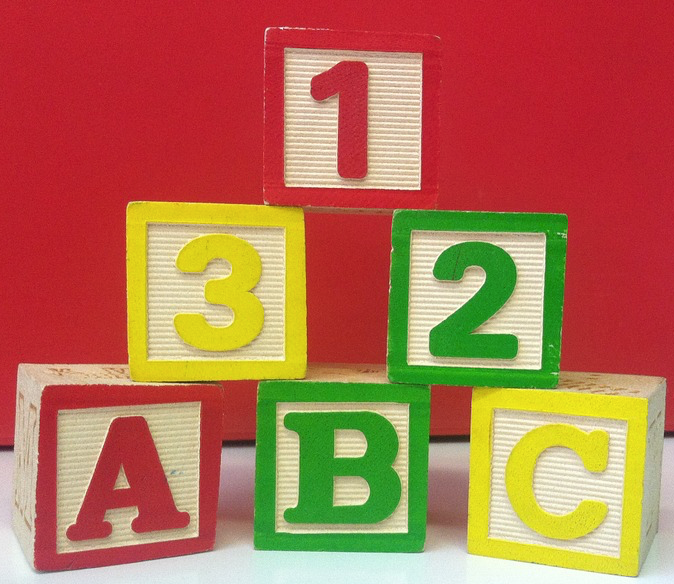If you’re new to the world of swing dancing, you may have heard other dancers talk excitedly about DJam, an international swing dance camp. But what exactly is a dance camp? Are there tents and campfires, and most importantly, do the dancers actually go camping? If you love camping then I am afraid you won’t find log cabins and singsongs (well, not at most dance camps anyway); a dance camp is usually just a weekend of learning through structured classes, with social dancing in the evening to enjoy your new-found skills.
Now that we’ve got that cleared up, it’s time to talk about DJam! A blissful weekend of dancing, learning, meeting new people and having fun, DJam is a swing dance camp held in the stunning Beamish Hall Hotel in County Durham each year.
Most dance camps are attended by experienced dancers. That’s because experienced dancers know that to improve their dancing a lot, they need to start learning from world-class teachers and dance with a wider range of dancers. They know that if they only ever dance with a small group of people and never venture outside of their local class, their dancing progress will plateau. As organisers of DJam, we also teach a local weekly class which attracts a regular influx of beginners so we know the worries that new dancers have when thinking about improving their dancing and how they don’t feel confident enough to come to DJam or come on their own. So I’ve summarised some information here to help all new dancers to get a flavour of DJam. At the time of writing, we have just 10 places left in the Lindy Hop beginner level ‘track’. So…..what is Lindy A? What is a track? What happens at DJam? If you’re a new beginner, read on……
At DJam, there will be several tracks meaning different classes in different styles. Once you’ve decided on your track eg Lindy Hop, the next thing to do is to choose your level and Lindy A would be the beginners level where no previous dance experience would be required. Your teachers will know that everyone in your group will be new and possibly nervous! DJam teachers are hand picked not just for their dancing and teaching skills but also for their warmth, friendliness and care for new dancers.
The teachers and the DJam Team are very approachable and will be happy to answer any questions about dancing; even if the questions may seem basic, for example, what to wear to the evening socials, how to ask for dances, what time the cabaret or competitions are on, what’s for lunch, anything!
When you arrive at Beamish Hall at the start of the DJam weekend, you’ll be made to feel welcomed by the organisers & volunteers. You will be given lots of information and introduced to other beginner dancers, who won’t know others either so they’ll be just as nervous.
The DJam schedule is packed with daytime classes, evening parties & various social activities. You can choose to do as little or as much as you want. In addition to your own track, meaning your set of Lindy Hop beginner classes that you have booked for in advance, you can also drop into taster classes. Taster classes are designed to give a little taste of other styles of dance and a whole host of interesting topics, for example. Blues, Balboa, Shag, Aerials, Swing Music. You don’t need to book for taster classes in advance. Once you’ve arrived at DJam, just take a look at your schedule and see what looks the most interesting to you.
Your Lindy A classes will consist of a small group of dancers who will learn ‘from scratch’ – how to dance, what to do at social dances, how to understand the etiquette of social dancing, how to move well, how to dance to swing music, how to lead, follow and dance with people you don’t know etc. In short, your dance skills and knowledge of dancing and swing music will be transformed and you will feel a lot more confident when you next go dancing.
You can choose your ideal ticket from a number of options and we call this a ‘pass‘, so you can come for just Saturday or just two days or make the most of it and come for the whole weekend or even stay over at Beamish Hall Hotel. The DJam team, the volunteers and I will make sure that you feel included, enabling you to make the most of this opportunity.
As the deadline for booking is fast approaching and there are only 10 places left, book now or contact me, Joo-Lee, for more information.
More info: www.dance-at-djam.co.uk
Deadline for booking: 30 December 2016
See you at DJam!
